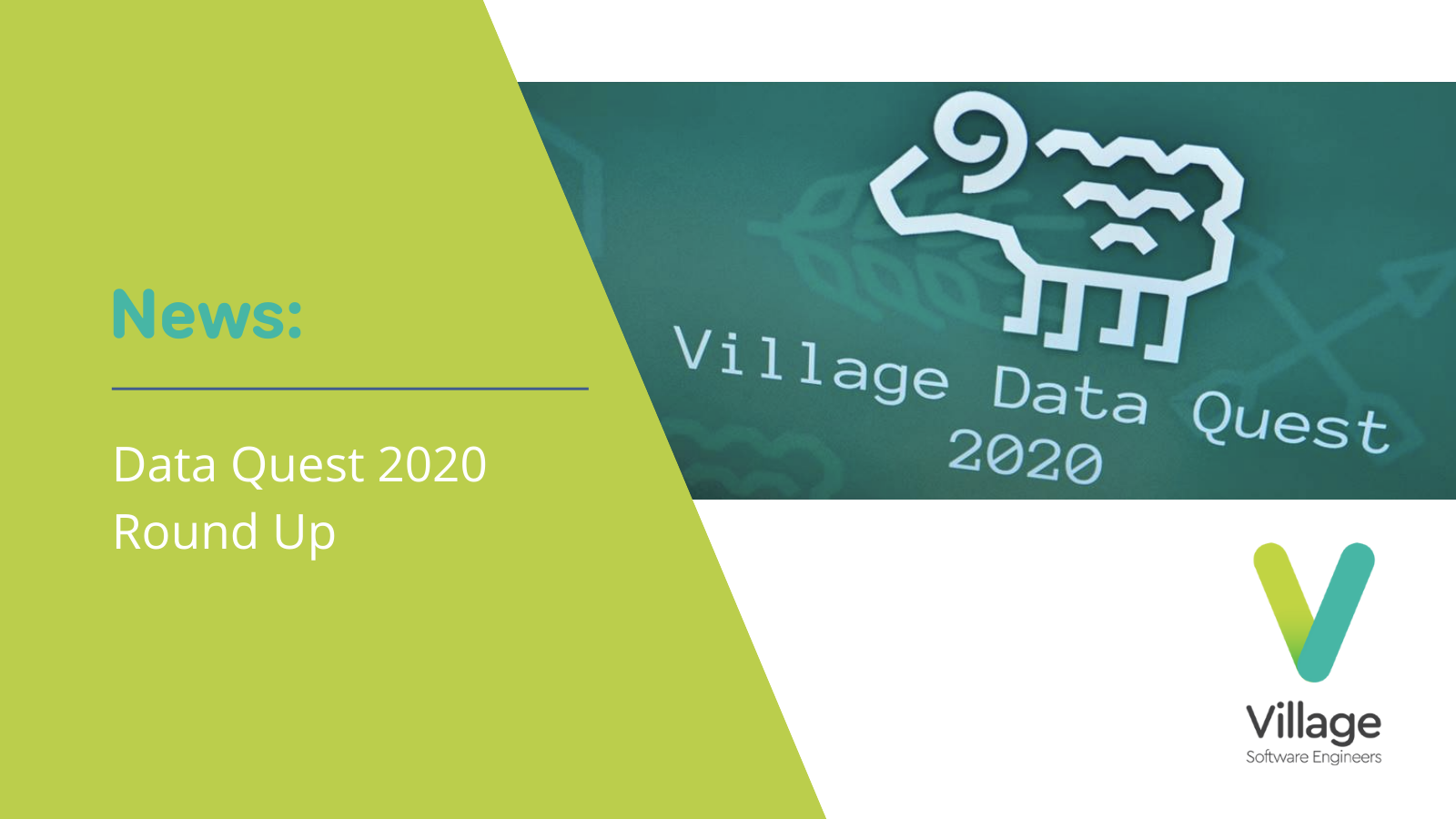Data Quest 2020 Round Up
Date: Tuesday, February 25, 2020
Village Data Quest 2020 has finished!
Twenty-two students from various universities in the Liverpool area descended upon our office last Friday to demonstrate their data processing prowess.
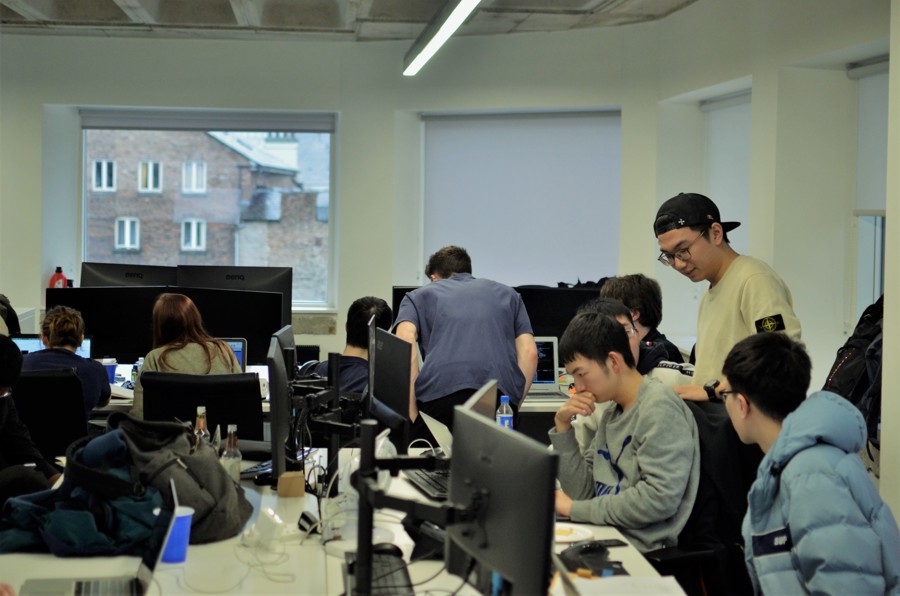
We challenged teams to plant their flag on small plots of land within a larger island, extract resources from those plots and sell off those resources for a profit on the open market. They achieved this by mining several data files, searching for the best spots on the island to claim, taking into account both the distributions of the four resources over the map and the relative values of those resources. Working out those relative values was a problem itself, as the teams had access to some historic pricing data for each resource but they had to extrapolate and determine the market conditions under which they’d cash in.

Initially they designed their processes using a test data set so they could get a sense of the problem and make a sensible plan of attack. At 2PM the competition data was released. Land was claimed on a first-come-first-served basis, so teams with speedier algorithms and a stronger command of their tools were rewarded with better results.
It was a tight competition this year. There was a big rush within minutes of the competition data being released, as several teams efficiently applied their prepared processes to the competition data and raced to get to the front of the plot-claiming-queue. These teams all had strong solutions to their problems, and they were able to claim some of the most desirable spots whilst their competitors were still loading the new data set.
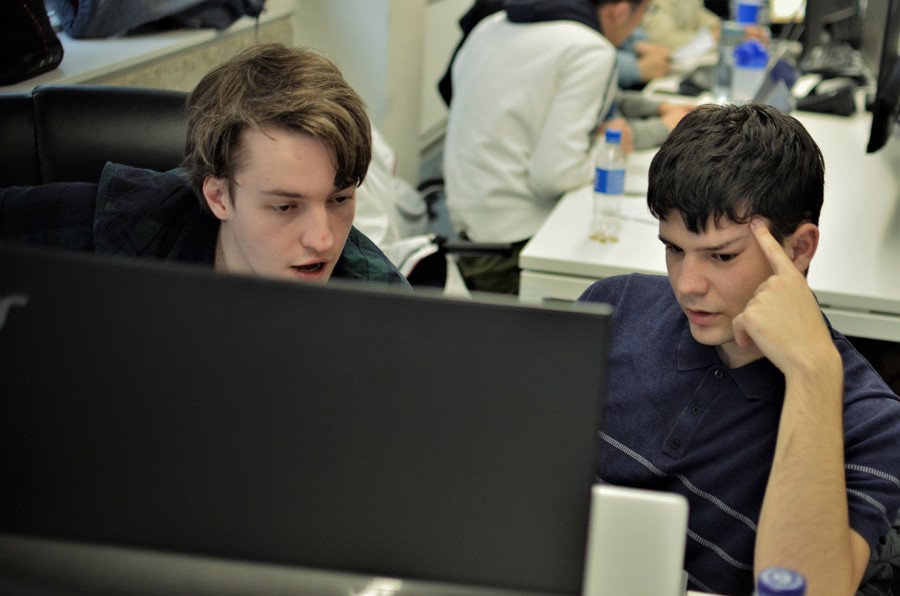
In the end Team 2D, Duncan Finnamore and Daniel Ene of the University Of Liverpool, designed the system that performed the best under the rules of the simulation and they came away with the Prosperity Prize. Their brute-force convolutional approach took advantage of Python’s GPU-accelerated numerical processing libraries to produce a lightning-quick solution that allowed them to pip their peers to the post and snag the best land.
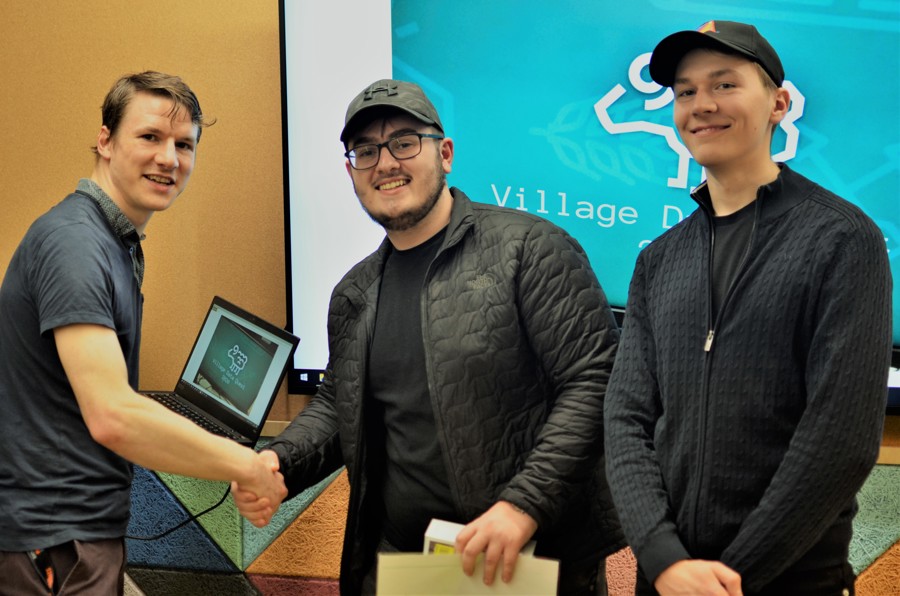
Meanwhile Team AW, Andrew Georgiou and Villem Kand of the University of Liverpool, felt the rough end of the race-like nature of the challenge when two of their three initial requests were blocked by Team 2D. While they came fourth in the overall standings (and would have come third if they’d acquired their first choices), their algorithm handled the changing desirability of the landscape as different plots were snapped up, allowing them to recover swiftly and submit new plots that were almost as good. Their Sum-Array approach was something we’d not seen before and it’s speed and robustness was enough to win them the Innovation Award.
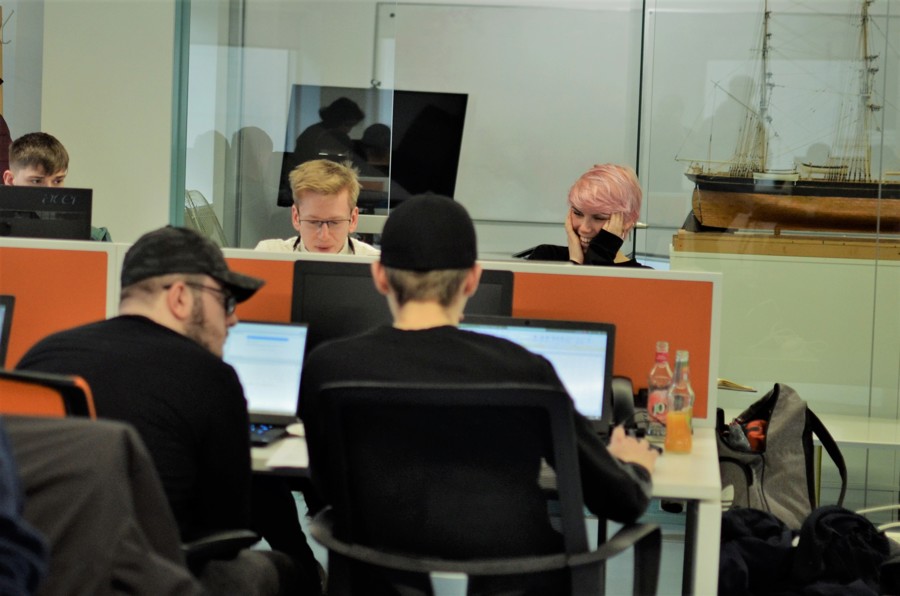
Our final award for the day was the Persuasion Award granted to Team Z, Laura Hulley and Jan Szczękulski of the University of Liverpool, for their clear and insightful presentation. They managed to explain the nuances of their algorithm in a straightforward manner, avoiding the temptation of just throwing a lot of code snippets at their screen. They were their only team that properly discussed their sales-order reasoning and one of the few that highlighted useful learning points from the experience.
We would also like to thank the other teams, without which the event would have been a more much sedate affair. They all took to the competition in good spirits, and while they had varying degrees of success everyone fought hard till the end. Here they are, presented in alphabetical order by team name:
- CanonCyberpower - Hongyi Wu and Xiaoyu Wu of the University of Liverpool
- FSJ - Joshua Crofts and Jamie Forster of Liverpool John Moores University
- Kat&AJ – Katherine Iveson of Edge Hill and Anne-Marie Morrison of the University of Liverpool
- Leo&David - Yifan Hu and Weiqi Chen of the University of Liverpool
- LucAd – Adam Yates and Lucas Main of Edge Hill University
- TensorBros – Matthew Harding and Jamie Garvin of the University of Liverpool
- TheTraders – Udhayabanu Natarajan and Eddy Davies of the University of Liverpool
- Yoghurt – Jack Leigh of Liverpool John Moores University and Hasib Ahmed of the University of Liverpool
Data Quest is a programming competition conceived by the Business Intelligence team here at Village, aimed at raising the profile of Data Science in the North West of England and encouraging students towards careers in the field. Keep an eye on this blog if you want to hear about our next event or visit our careers page if you’d like to join us more permanently.

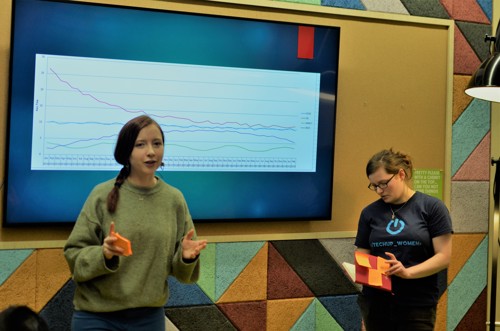
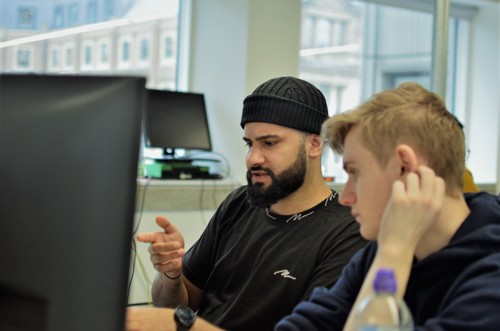
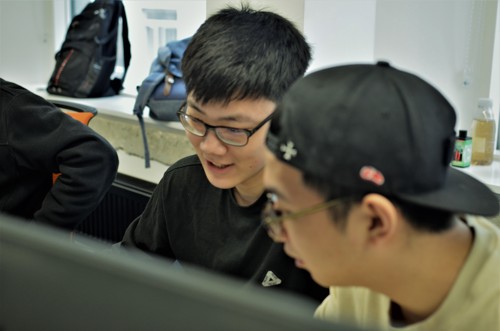
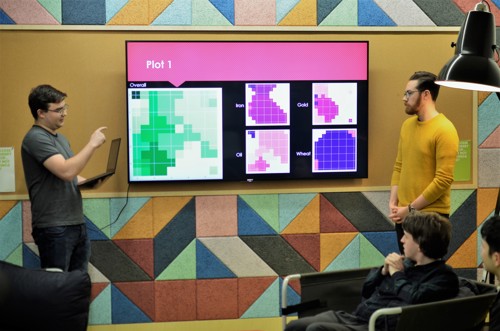

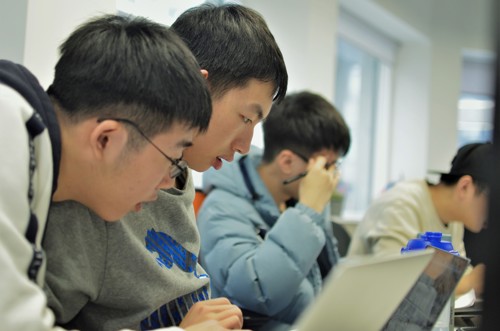
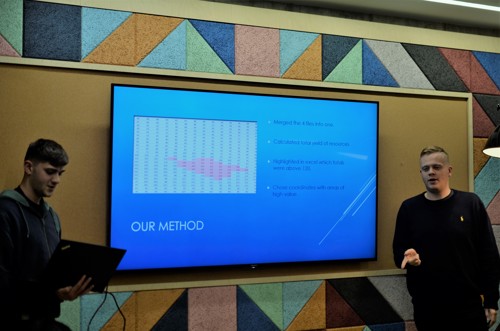
 About Us
About Us Services
Services Sectors
Sectors Case Studies
Case Studies Blog
Blog Contact
Contact